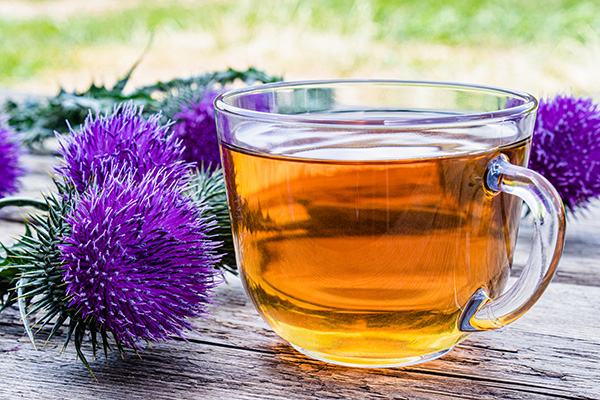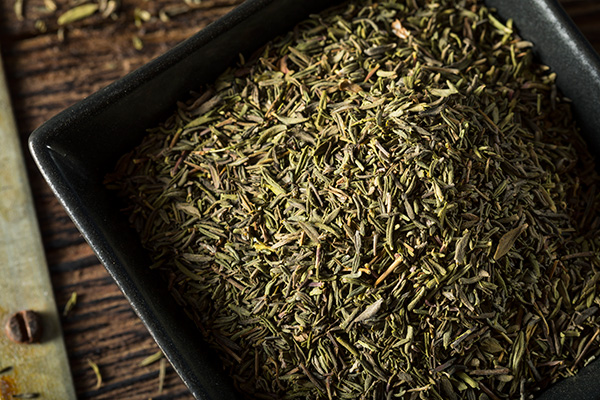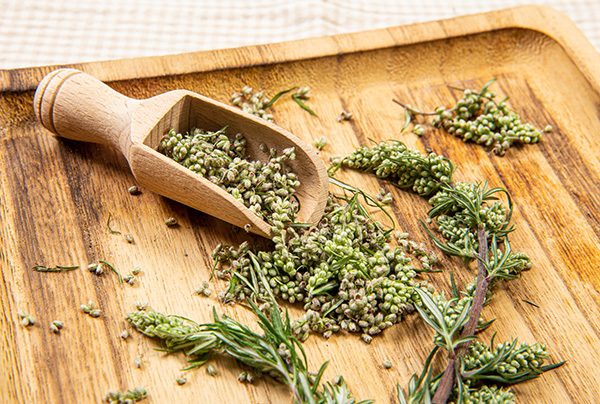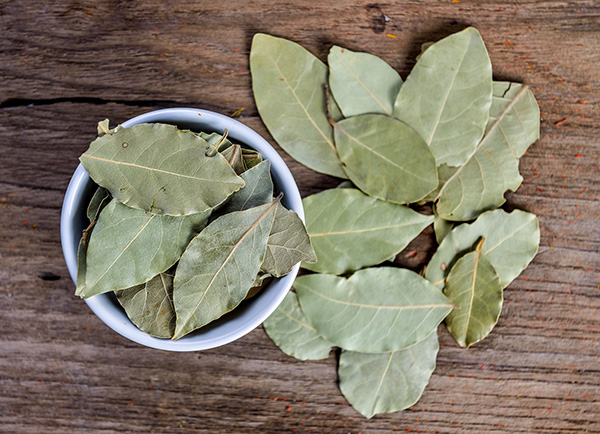What Does Milk Thistle Tea Taste Like?
Milk thistle tea is a herbal beverage made from the seeds of the milk thistle plant, known scientifically as Silybum marianum. It has been used for centuries as a traditional remedy for various ailments, particularly those related to the liver and gallbladder.
But what does this herbal tea taste like?
In this article, we’ll explore the taste of milk thistle tea and discuss whether it’s bitter or not. We’ll also provide some tips on how to make it taste better, so you can enjoy this beneficial beverage without sacrificing flavor.

What Does Milk Thistle Tea Taste Like?
Milk thistle tea has a unique taste that is often described as earthy and slightly sweet. The flavor can be compared to a mix of chamomile and dandelion, with a hint of sweetness from its natural sugars. It also has a subtle nutty aftertaste, which some people find enjoyable.
However, the taste of milk thistle tea can vary depending on factors such as the quality of the seeds, the brewing time, and the method of preparation.
Is Milk Thistle Tea Bitter?
While milk thistle tea is not inherently bitter, some people may perceive it as having a slight bitterness. This is due to the presence of silymarin, a group of flavonoids responsible for the plant’s medicinal properties. Silymarin has a mildly bitter taste, but it is usually not overpowering. If brewed correctly, milk thistle tea should have a well-balanced flavor profile that leans more toward earthy and sweet rather than bitter.
How to Make Milk Thistle Tea Taste Better?
If you’re not a fan of the natural taste of milk thistle tea, don’t worry! There are several ways to improve its flavor while still enjoying the health benefits of milk thistle tea. Here are some suggestions:
- Sweeten it: A little honey or agave syrup can go a long way in sweetening milk thistle tea and masking any bitterness. Alternatively, you can use stevia or another natural sweetener if you prefer a calorie-free option.
- Add flavors: Enhance the taste of milk thistle tea by adding a splash of lemon or orange juice, a slice of fresh ginger, or a few drops of vanilla extract. These flavors can help balance the earthiness of the tea and create a more enjoyable drinking experience.
- Mix it with other teas: If you’re not fond of the taste of milk thistle tea on its own, try blending it with other herbal teas or even black or green tea. Some popular choices for blending include chamomile, peppermint, and lemon balm. Experiment with different combinations to find the perfect mix that suits your taste buds.
- Adjust the brewing time: Over-steeping milk thistle tea can result in a more bitter taste. To avoid this, try brewing the tea for a shorter period. Generally, steeping the seeds for 5-7 minutes in boiling water should be enough to extract the desired flavors and benefits without making the tea overly bitter.
- Use high-quality seeds: The quality of milk thistle seeds plays a significant role in the taste of the tea (if you use seeds to prepare the tea instead of tea bags). Be sure to purchase seeds from a reputable source and store them in an airtight container away from heat, light, and moisture to maintain their flavor and potency.
Final Thoughts
Milk thistle tea is a unique herbal beverage with a taste that can be described as earthy, slightly sweet, and mildly bitter. While the flavor may not appeal to everyone, there are ways to make it more enjoyable, such as sweetening it, adding flavors, or blending it with other teas.
You can find the perfect balance that suits your taste buds by experimenting with different preparation methods and flavor combinations. Not only is milk thistle tea a tasty beverage, but it also offers a range of health benefits, particularly for the liver and gallbladder.
So, don’t be afraid to try it and enjoy its many advantages while savoring a delicious and soothing cup of tea.





